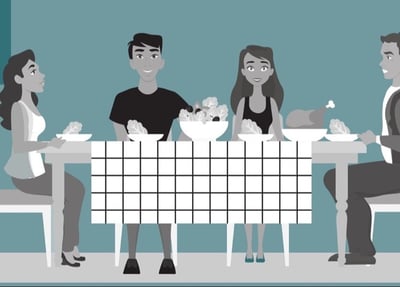Get notified of page updates
Survey about Motivations and Barriers to Talking with Family Members about Inherited Cancer Risk

Survey for people with an inherited gene mutation
Glossary on
off
About the Study
This study is no longer recruiting patients.
This study aims to understand the different goals and motivations individuals with an inherited gene mutation have when talking about their genetic cancer risk with family members in a conversation.
This Study is Open To:
This study is no longer recruiting patients.
This Study is NOT Open To:
This study is no longer recruiting patients.
Survey for people with an inherited gene mutation